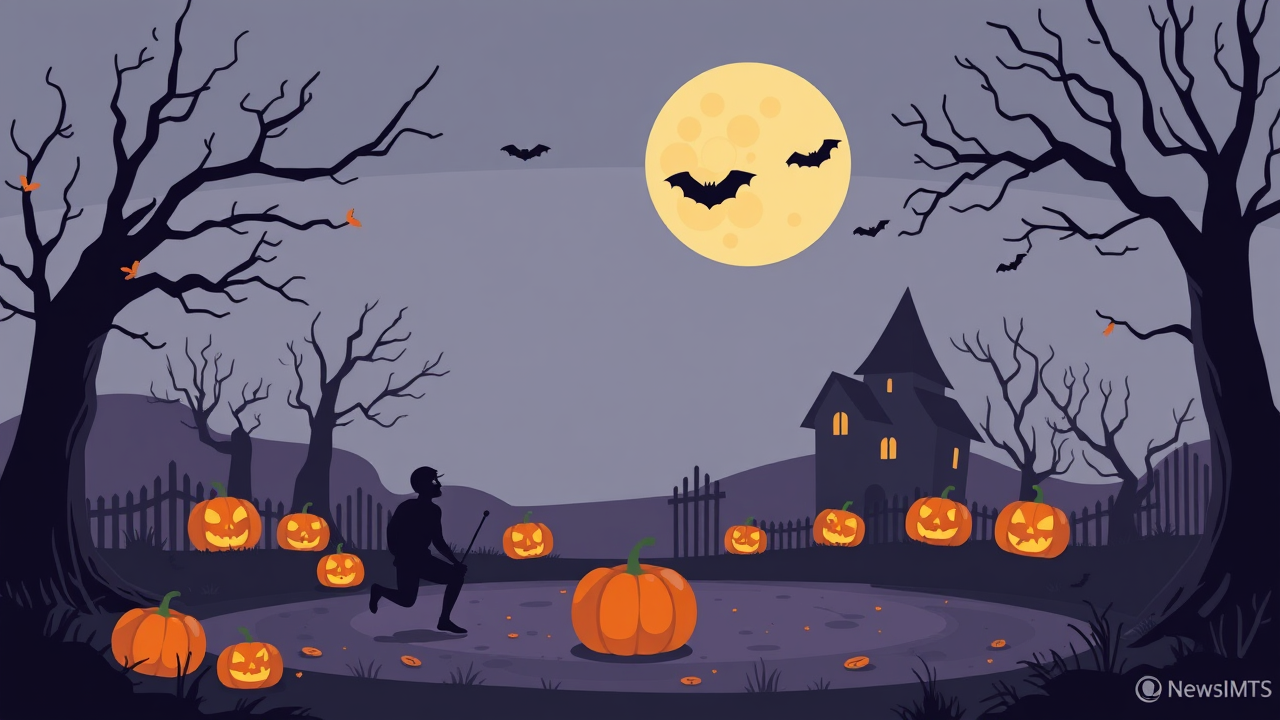 NewsIMTS
NewsIMTSHalloween celebrations take place on 31 October every year across the United States and many other countries worldwide. Despite its popularity with costumes, trick-or-treating, decorations and parties, Halloween is not a federal holiday in the US. Federal employees, banks, government offices, schools and most businesses remain open on this day. Unlike the eleven official federal holidays that commemorate historically significant events, Halloween developed from ancient Celtic celebrations and Christian customs. The tradition gained popularity in America through Irish and Scottish immigrants in the 19th century, evolving into today's secular celebration featuring costume parties, trick-or-treating, decorated homes, community events and special treats. Though widely celebrated, there is no significant movement to make Halloween a federal holiday as Congress typically recognizes events of historical, religious or patriotic importance. (Updated 30 Oct 2025, 13:14 IST; source: link)
Halloween Remains a Cultural Celebration, Not a Federal Holiday
Despite its widespread popularity across the United States, Halloween is not recognized as a federal holiday. On October 31, when millions of Americans dress in costumes and children go trick-or-treating, government offices, banks, schools, and most businesses continue normal operations. Unlike the eleven official federal holidays that commemorate significant historical or patriotic events, Halloween has different origins. The celebration evolved from ancient Celtic harvest festivals and later Christian traditions, becoming a secular cultural event rather than an officially recognized day of national importance. This means federal employees do not receive paid time off, and mail delivery and other government services continue as usual on Halloween.
How Halloween Became Popular Without Official Status
Halloween traditions spread across America primarily through Irish and Scottish immigrants in the 19th century. What began as European customs gradually transformed into the modern celebration featuring costume parties, decorated homes, and candy distribution. Despite growing into a major cultural and commercial event with Americans spending billions on costumes, decorations, and treats each year, there has never been a significant movement to make Halloween a federal holiday. Congress typically establishes federal holidays to honor events of historical, religious, or patriotic significance rather than purely cultural celebrations. The last federal holiday added was Martin Luther King Jr. Day in 1983, showing how rarely new holidays receive official status.
Key Points
- Halloween celebrations take place on 31 October every year across the United States and many other countries worldwide.
- The tradition gained popularity in America through Irish and Scottish immigrants in the 19th century, evolving into today's secular celebration featuring costume parties, trick-or-treating, decorated homes, community events and special treats.
- Despite its popularity with costumes, trick-or-treating, decorations and parties, Halloween is not a federal holiday in the US.
